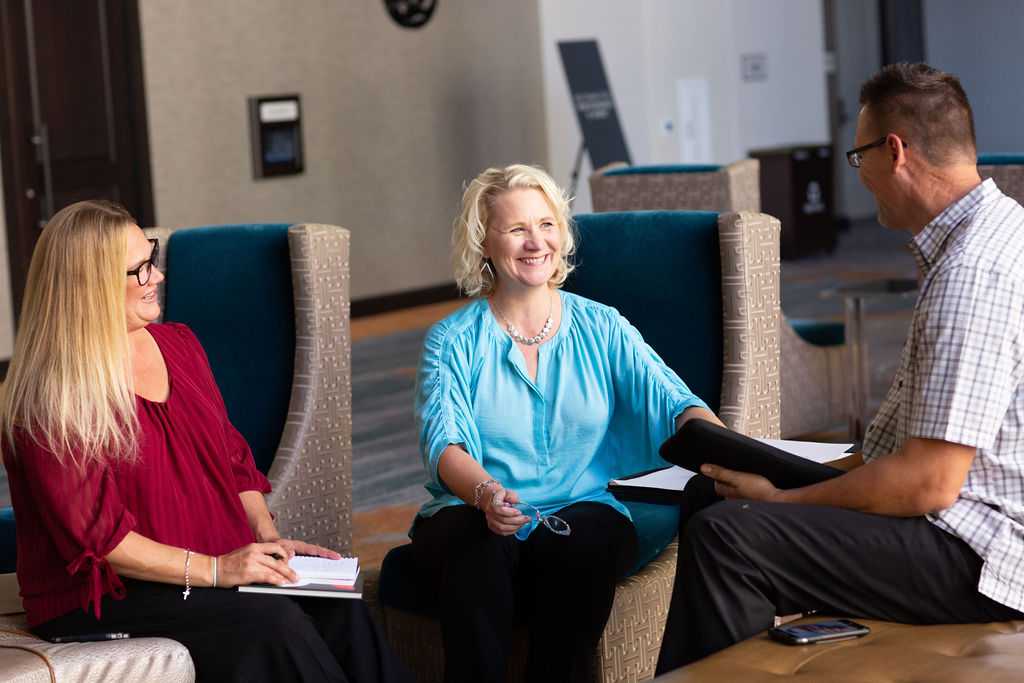“I’m not understanding your body language. Your mouth is saying everything is fine, but your arms are crossed, you are glaring at me and you are jumping your foot like a jackhammer. What is going on?”
Body language matters. When your body message is congruent with your word message, it builds trust and clarity. When there is a lack of congruence it creates confusion, question, and skepticism. It isn’t about mind-reading or projecting thoughts and messages on people, rather, our bodies often talk louder than our words. Our words are often filtered by social graces, our ego, how we want or need to be seen, fears, distrust of others, or emotions stirring inside. There are many different things that affect what is happening INSIDE of us and what we SAY in our WORDS.
Our body, however, is often a window to our soul. Some who are intuitive can pick up on energy and emotional vibes. They are also typically keenly aware of small nuances of body language. Even the person who is less in touch with their intuitive wisdom, if others-focused, alert and present, can pick up and notice physical messages that are invariably sent. Even master con artists and expert liars have body signals they would have to work to hide IF they were aware of them. Your body talks, the listener just has to pay attention.
Some fun signs
- When someone’s eyes look up, they are typically remembering. It is said that this is connected with the different parts of your brain and the location of where memories are stored. Try it. Ask someone what year they were born, the age of their kids, what they did last weekend, what they had last night for dinner, when was the last time they were swimming, etc. If they are trying to recall people typically look up to the corner of their eye. If they know the info immediately they will just look at you. If they know and chose not to tell the truth, they tend to look down.
- Our eyes roll down (look at your nose, cheek or the floor) when we are ashamed, embarrassed or not telling the truth.
- Some people have nervous twitches. People bounce their legs when they are upset, anxious, nervous or angry about things. These negative emotions create energy and the body has to release it in some way. Some people will stand, pace, etc. If you have been in a situation where the person had to be sitting (like a job interview, performance review, counseling session, meeting, etc.) you might notice the leg bounce, fidgeting, tapping fingers, etc. Yes, some people do this when bored, however, that often has a different body posture. Bored body posture is usually slumped and looking down. Anxious, upset, nervous they are usually sitting more upright, eyes are looking all over the place, and they look like they want to get out instead of looking like they are about to fall asleep.
These are some more common or obvious ones. If you find this interesting, start to notice your own body language. How do you feel and how is your body communicating that. Alternatively, you might be in a conversation where you know your words are trying to be kind and polite but your head has another conversation happening… notice your body language.
Start to notice others. This can be easily done with a partner, a close friend or your kids. Have conversations with them, listen to them, notice their body language. When done, ask them if you can ask them some questions for a minute about something you are trying to learn with body language. Share what you noticed and ask them what they were thinking about. Even children who are mature should be able to have this conversation with you.
This might seem like mind-reading or projecting too much, but it is simply finding congruence between body and words. Sometimes we are not even aware ourselves that we are incongruent. To deepen your relationships, communicate better and connect more deeply the value of hearing words and also aligning them to body language (with follow-up conversation) it can take understanding to the next level.
(Note: Sometimes people are uncomfortable and not willing to have the conversation. It is not your job to force or demand that you know what they are thinking because of their body language, rather be curious and open the door for them to share.)






